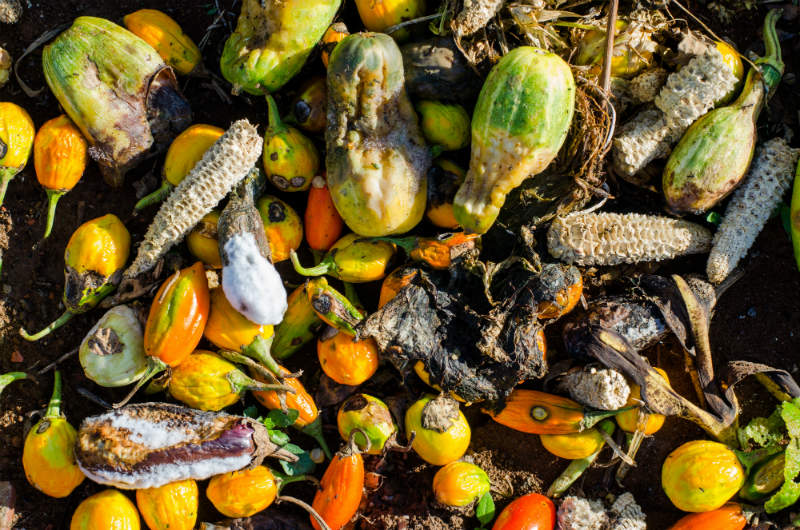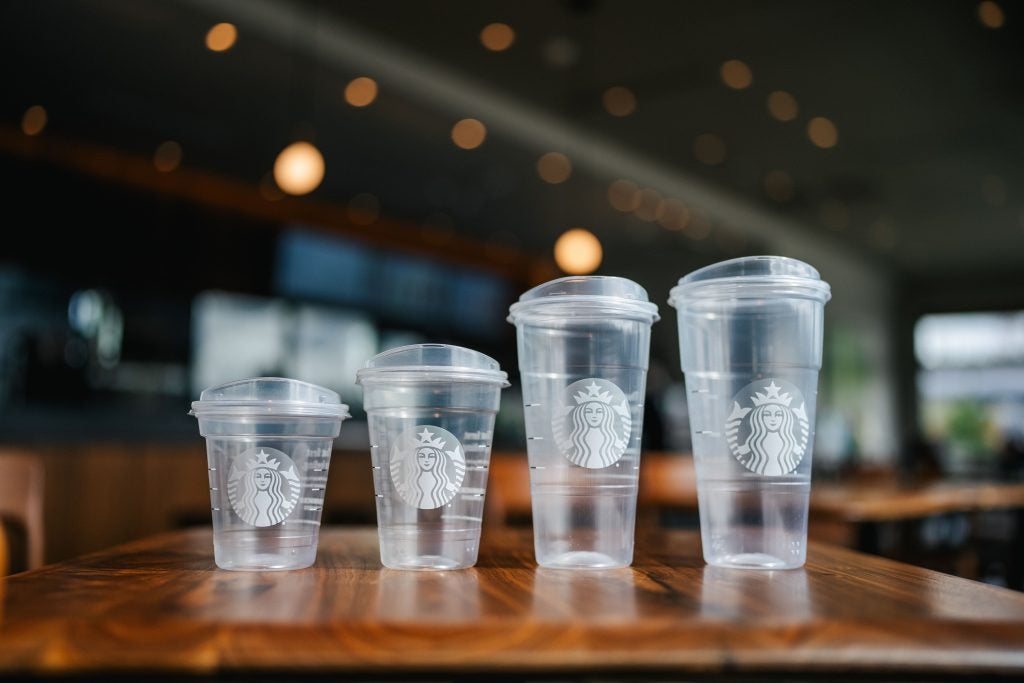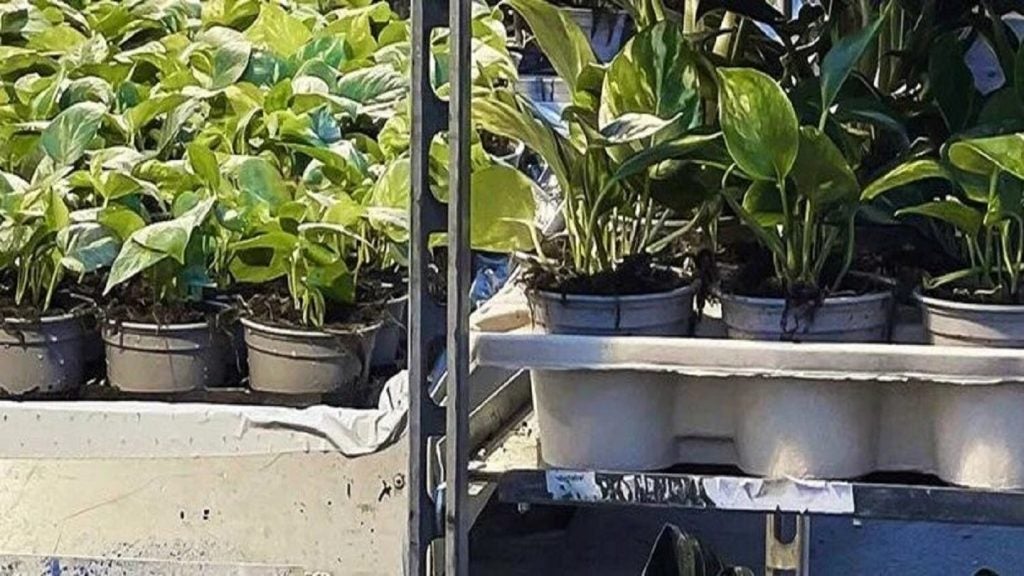
After almost two years of intensive research and development, Indian packaging company Uflex has launched its latest packaging solution: flexible material with antimicrobial properties. The pouch – which is classified as ‘active’ packaging – remains dormant whilst empty and becomes ‘active’ once it comes into contact with food.
The company’s latest packaging offering, which is approved by the US Food and Drug Administration (FDA), contains a sealant layer that is treated with an antimicrobial polymer. This polymer develops the antimicrobial atmosphere inside the pack, reducing the growth of any microbial activity. The polymer is activated when it comes into contact with moisture, which chemically deactivates the microorganisms and inhibits their growth, thereby extending the shelf life of the food contained within the package.
Active packaging: the bread litmus test
Active packaging can be defined as a system that modifies the environment within the package, altering the state of the packaged food system to enhance its quality by extending shelf life, as well as enhancing sensory qualities and maintaining microbial safety. The sealant layer in the new Uflex material is compounded with antimicrobial properties, which actively modify the environment within the pack by continually interacting with the food over the stipulated shelf life.
“In a trial that we recently conducted at room temperature (without refrigeration or any temperature control), the sandwich packed in a normal pouch was spoiled after three to four days as opposed to the one that was packed in the new flexible packaging material that could keep it protected from microbial growth for almost eight to nine days,” explains Jeevaraj Pillai, joint president, packaging and new product development at Uflex.
“Bread has active yeast, therefore the real challenge for the packaging was to curb the yeast from outgrowing. In fact the most effective, or let’s say the litmus, test of this antimicrobial pouch is for bread, because of its active yeast, which in ripe temperature goes foul in about 48 hours if kept unprotected,” Pillai adds. “The pouch remains dormant [while] empty and swings into action only when it comes into contact with food.”
The company is also carrying out trials for a variety of other perishable food products, such as those with high fat content and meat products, which in a tropical climate like India can be very helpful in stopping the growth of fungi and other microbes that spoil food. Additionally, by using this technology the content of preservatives used by the processed food industry can be reduced, which, Pillai explains, is a “feat in its own right.”
How well do you really know your competitors?
Access the most comprehensive Company Profiles on the market, powered by GlobalData. Save hours of research. Gain competitive edge.

Thank you!
Your download email will arrive shortly
Not ready to buy yet? Download a free sample
We are confident about the unique quality of our Company Profiles. However, we want you to make the most beneficial decision for your business, so we offer a free sample that you can download by submitting the below form
By GlobalDataReducing waste: countering microbial contamination
The new packaging was developed to address the concern that one third of the food produced in the world for human consumption is spoiled and wasted due to microbial contamination by bacteria. “The idea came after seeing the quantum of food waste worldwide,” says Anup Kansal, president, packaging business at Uflex. “Active packaging was much required for increasing the shelf life of the food by chemically deactivating the bacteria inside the packaging.”
The special sealant layer is designed with antimicrobial activity to protect against bacteria, fungi, moulds, mildew, yeast and algae. It provides cost effective durable protection, which is safe, easy to use and FDA-approved. The new packaging also aligns with Uflex’s existing range of zip-pouch packages, and is a “boon to people who want to stick to home food while on their daily commute or travelling away from home,” according to Kansal. It represents a definitive step towards curtailing food wastage through efficient packaging and taps into the on-the-go food trend, as time-scarce consumers continue to look for products that are convenient, easy to use and can be consumed outside traditional environments.
Seafood solutions: going biodegradable with chitosan biopolymers
Flexible packaging is the most economical method to package, preserve and distribute food and other consumables that need extended shelf life. The global market for flexible packaging is forecast to grow at an annual rate of 3.4% over the next five years, and is expected to reach $248bn by 2020. This dynamic sector, therefore, offers huge technology suppliers, packaging converters and brand owners – and it is a market that Uflex and others have capitalised on.
In the UK, a University of Strathclyde spin-off has developed a revolutionary food wrap made from shellfish that could save millions for the food industry and drastically cut pollution and waste. Start-up CuanTec retrieves the inedible parts of shellfish in Scotland – specifically a biopolymer that shellfish contains known as chitosan – and converts them into durable, antimicrobial, biodegradable packaging for seafood.
Food spoilage costs the seafood industry £60m every year in Scotland alone, so the company’s offering is a practical and welcome solution to the disposal of seafood waste. “Chitosan is the second most prolific biopolymer in the world and is known to have biodegradable and antimicrobial properties,” explains Dr Cait Murray-Green, CEO of CuanTec. The wrap will be antimicrobial, fighting bacteria that can colonise on chilled foods, as well as compostable and biodegradable.
“There’s enough chitosan in shellfish alone for the whole world to use chitosan-based food packaging – current petroleum-based versions are not recyclable but a chitosan-based product will be biodegradable and can be disposed of, along with food scraps, into composting,” Murray-Green adds. CuanTec aims to expand into packaging for other foods, and also has the potential to explore applications in medicine and healthcare.
Moreover, chitosan-based products could potentially be used to deal with oil spillages and other types of pollution. “We are looking to work with industry on this and are developing novel, useful, innovative products to create jobs and for a healthier environment,” says Murray-Green. Ultimately, innovative flexible solutions from companies like Uflex and CuanTec will be key to extending the shelf life of food and drink products and reducing global food waste.






